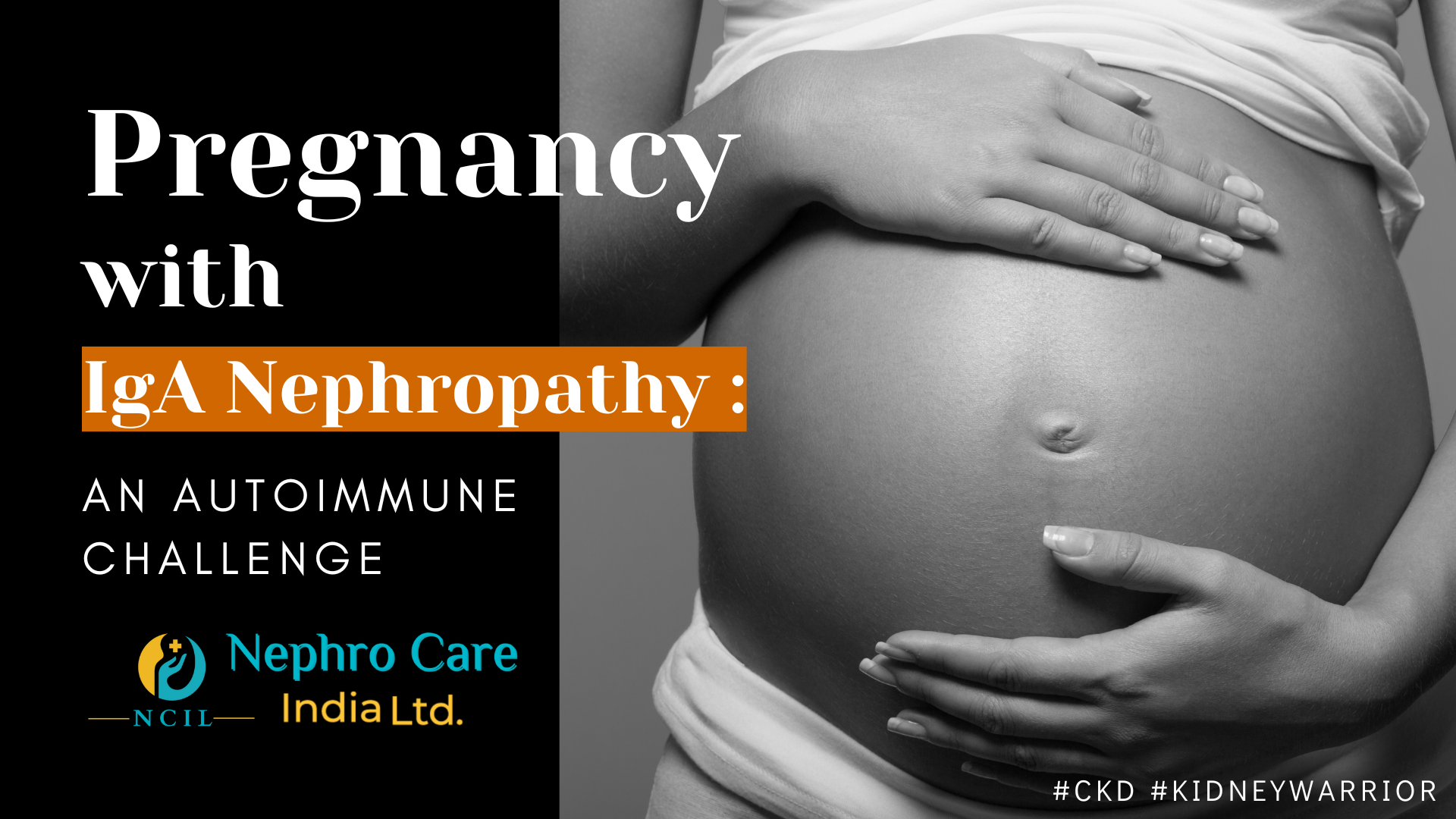Pregnancy with IgA Nephropathy: An Autoimmune Challenge
What is IgA nephropathy?
IgA nephropathy is a specific form of a common kidney disease associated with the deposition of Immunoglobulin A (IgA) in the kidneys. This condition can result from various underlying issues, including a genetic predisposition or chronic conditions that affect kidney function. The presence of IgA can lead to inflammation and damage to kidney tissue, complicating the infection.
Why is Pregnancy a Complicating Factor?
Pregnancy inherently puts additional stress on the kidneys. The increased blood volume and hormonal changes can make it suitable for bacteria to ascend the urinary tract. Additionally, the growing uterus can compress the ureters, leading to urine stagnation and increased risk of infection.
IgA nephropathy, on the other hand, can worsen during pregnancy due to hormonal fluctuations and immune system changes. This can lead to a decline in kidney function, proteinuria (protein in the urine), and other complications.
The Risks
While most women with IgA nephropathy can have successful pregnancies, the risks can be substantial for the mother and baby:
- Preterm birth: Kidney infections can trigger premature labour.
- Low birth weight: Infections can impair fetal growth.
- Maternal complications: Severe kidney infections can lead to sepsis, which is a life-threatening condition.
- Chronic kidney disease: In some cases, both conditions can contribute to long-term kidney damage.
- Pre-eclampsia: A serious condition characterized by high blood pressure and multi-organ dysfunction.
Symptoms to Watch Out for
The symptoms of IgA nephropathy during pregnancy can often mimic those of a urinary tract infection (UTI), including:
- Pain or burning sensation during urination
- Frequent urination
- Urgent need to urinate
- Cloudy or bloody urine
- Fever
- Back pain
- Fatigue
Management and Treatment
If you have a history of IgA nephropathy and are planning to get pregnant, it’s important to discuss your condition with your doctor. They can help you manage your condition and minimize the risks during pregnancy.
- Early Detection and Treatment: For those with IgA nephropathy, regular check-ups with a nephrologist help keep track of kidney function.
- Medication Management: Not all medications for IgA nephropathy are safe during pregnancy. Consulting a doctor about the safest options is essential.
- Hydration and Diet: Staying hydrated and following a balanced diet low in salt and protein can help reduce strain on the kidneys.
For guidance on maintaining a balanced diet, feel free to join our WhatsApp group
- Frequent Monitoring: Routine ultrasounds, blood pressure checks, and urine tests help monitor the mother’s and baby’s health throughout pregnancy.
Conclusion
IgA nephropathy can be a serious condition during pregnancy, but with proper management and treatment, most women can have healthy pregnancies and deliver healthy babies. If you have any concerns about your kidney health during pregnancy, be sure to talk to your doctor.
You can explore the following blog to learn more👉👇
References
- Denoble, A., Reid, H. W., Krischak, M., Rosett, H., Sachdeva, S., Weaver, K., & Dotters-Katz, S. (2022). Bad bugs: antibiotic-resistant bacteriuria in pregnancy and risk of pyelonephritis. American Journal of Obstetrics & Gynecology MFM, 4(2), 100540.
- McGready, R., Wuthiekanun, V., Ashley, E. A., Tan, S. O., Pimanpanarak, M., Viladpai-Nguen, S. J., & Peacock, S. J. (2010). Diagnostic and treatment difficulties of pyelonephritis in pregnancy in resource-limited settings. The American Journal of tropical Medicine and Hygiene, 83(6), 1322.
- Liu, Y., Ma, X., Zheng, J., Liu, X., & Yan, T. (2016). A systematic review and meta-analysis of kidney and pregnancy outcomes in IgA nephropathy. American Journal of Nephrology, 44(3), 187-193.
- Anand, N., Gokhale, A. V., & Agarwal, S. (2019). A case report on IgA nephropathy in pregnancy. International Journal of Reproduction, Contraception, Obstetrics and Gynecology, 8(8), 3403.
- Prakash, J. (2012). The kidney in pregnancy: A journey of three decades. Indian Journal of Nephrology, 22(3), 159-167.


